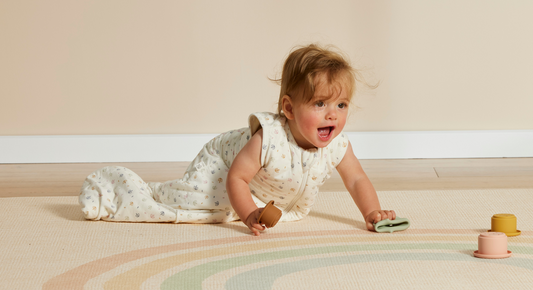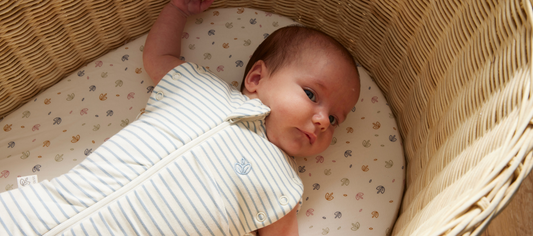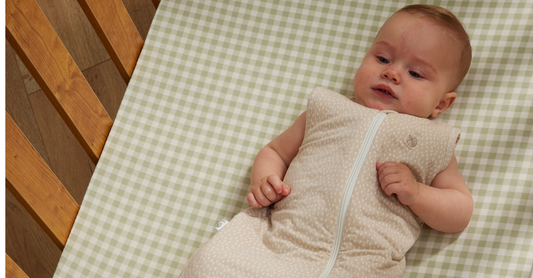
As parents, ensuring our newborns get enough sleep is crucial for their overall well-being. In the quest for peaceful nights, many parents contemplate the idea of using a dummy, also known as a pacifier or a binky, to soothe their little ones. However, the decision to introduce a dummy can be a subject of debate. In this blog post, we will explore the pros and cons of allowing newborns to sleep with a dummy, helping you make an informed choice for your child.
The Pros of Using a Dummy:
-
Sleep Soothing: One of the primary benefits of using a dummy is its ability to soothe a fussy or colicky baby. The sucking motion provides a sense of comfort, helping babies settle down and fall asleep more easily.
-
Reduced SIDS Risk: Several studies have suggested that the use of a dummy while sleeping can decrease the risk of Sudden Infant Death Syndrome (SIDS). Although the mechanism behind this correlation is not fully understood, experts believe that the sucking reflex helps keep the airway open and reduces the likelihood of obstructive events.
-
Temporary Sleep Association: Introducing a dummy during sleep can create a positive sleep association for newborns. This means that when they wake up during the night, they may be able to self-soothe by finding the dummy themselves, which can lead to better sleep continuity.
The Cons of Using a Dummy:
-
Dependency and Nipple Confusion: Some parents worry that introducing a dummy too early might lead to nipple confusion and interfere with breastfeeding. It's important to establish a consistent breastfeeding routine before introducing a dummy to minimise this risk. Additionally, excessive use of a dummy can create a dependency, making it challenging to wean the baby off it in the future.
-
Potential Dental Issues: Prolonged and excessive use of a dummy can affect the alignment of a baby's teeth and jaw development. It is essential to limit the use of a dummy once the baby's teeth start coming in and encourage proper oral hygiene practices.
-
Sleep Disruptions: While a dummy can help soothe a baby, it may also cause disruptions if the baby becomes reliant on it to fall asleep. If the dummy falls out during the night, the baby may wake up and require assistance in finding it, resulting in frequent night awakenings.
The decision of whether to introduce a dummy to a newborn's sleep routine is a personal one that varies from family to family. The advantages of using a dummy, such as improved soothing and potential reduction in SIDS risk, should be weighed against the potential disadvantages, including nipple confusion and dental issues. Ultimately, it is important to consider the unique needs of your baby and consult with healthcare professionals to make an informed choice that supports your child's overall development and sleep patterns. Remember, every baby is different, and what works for one may not work for another.







